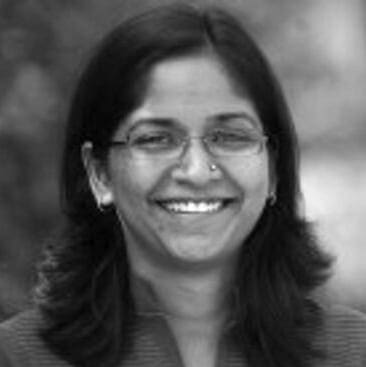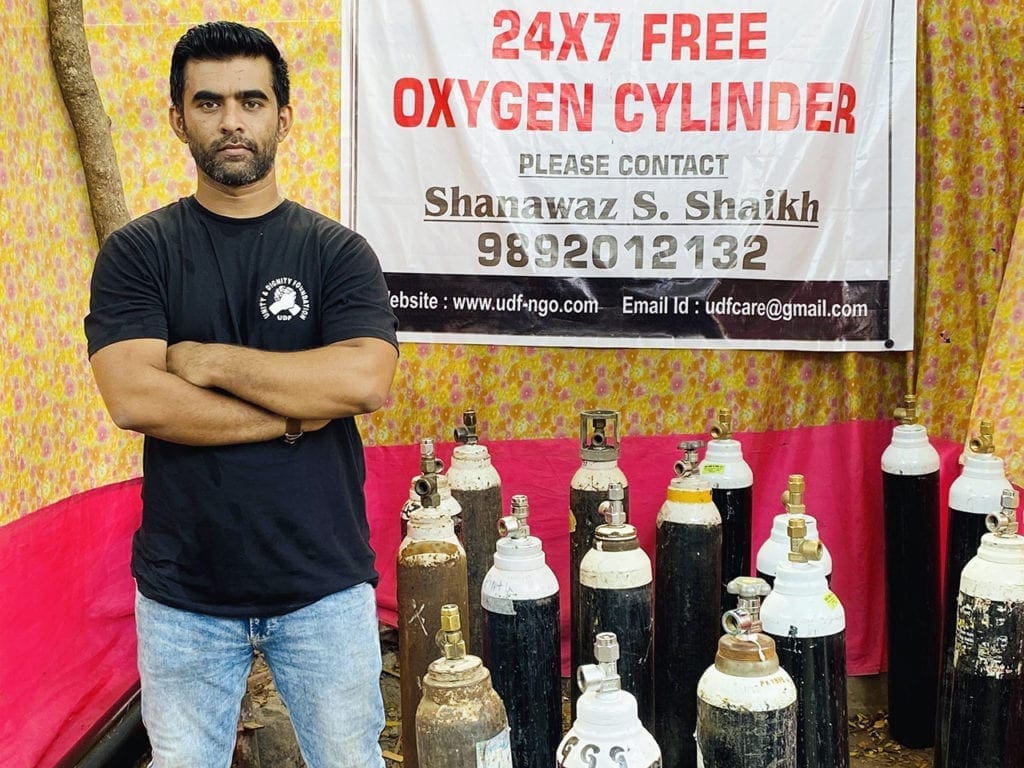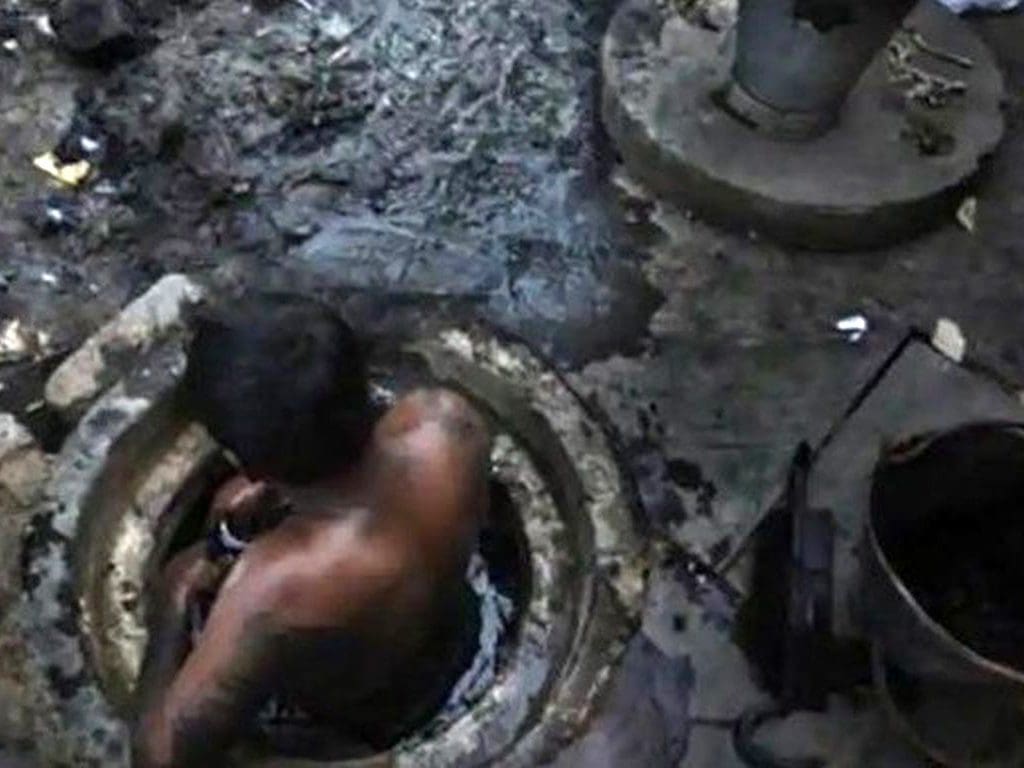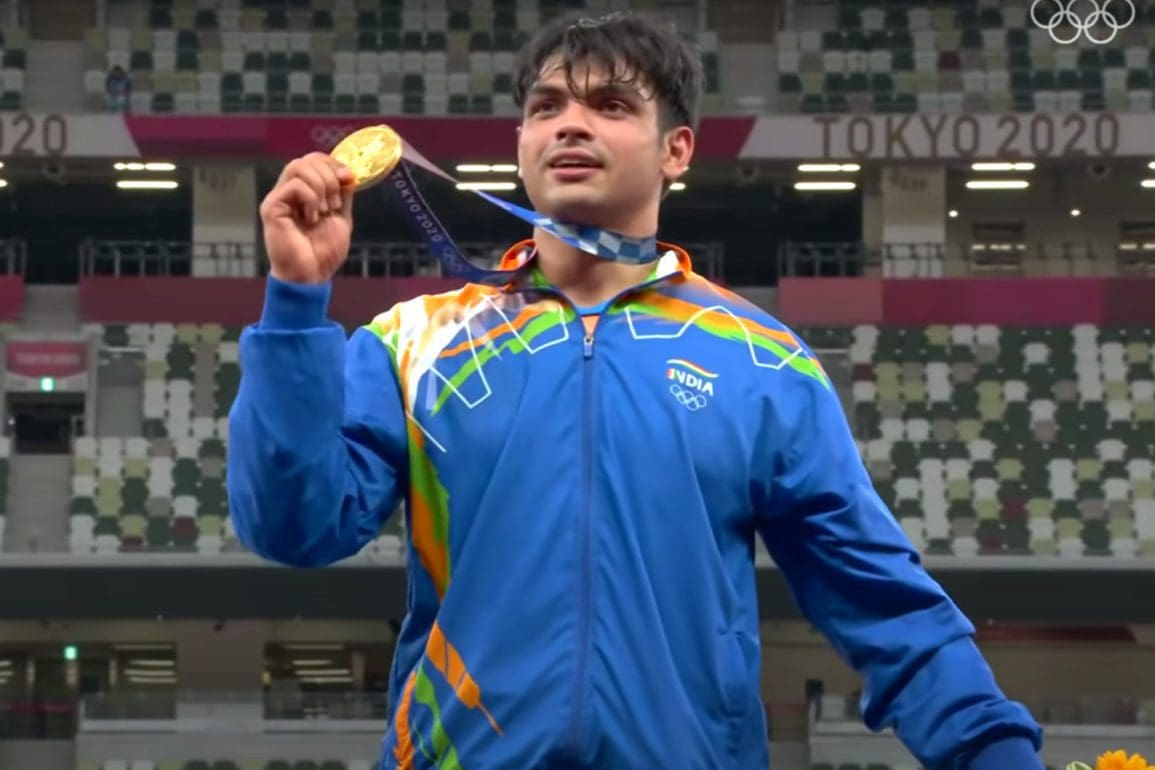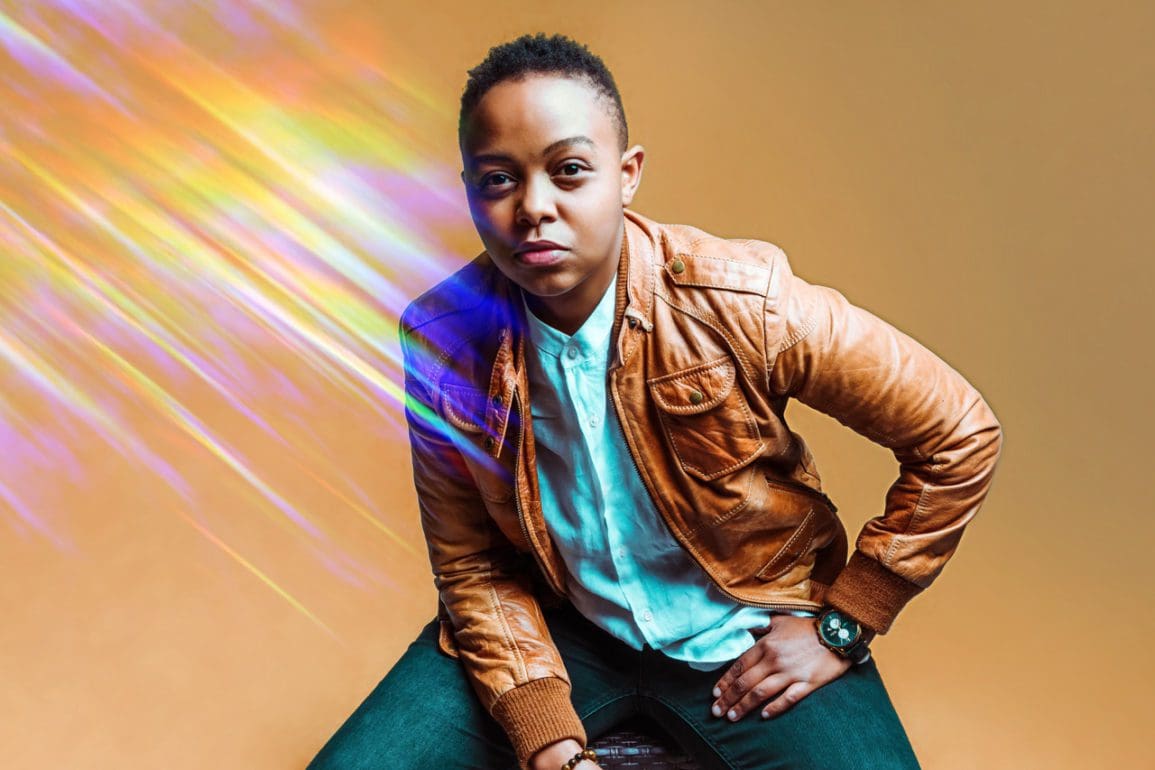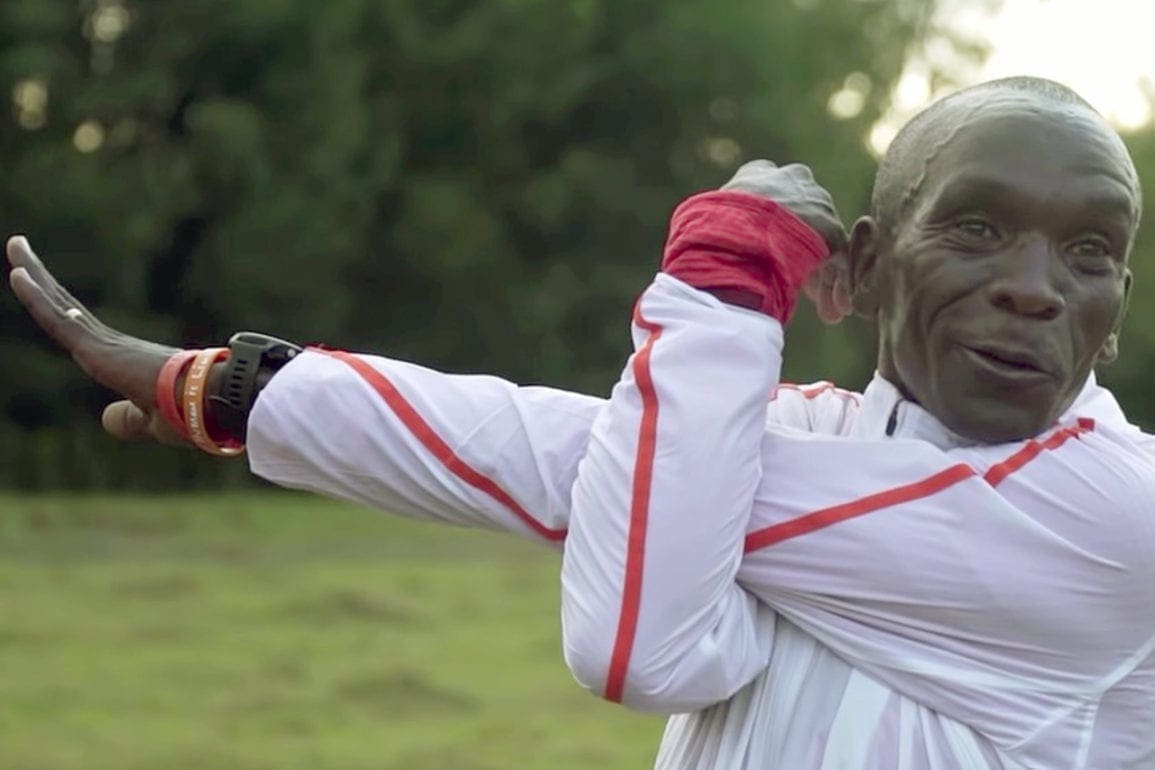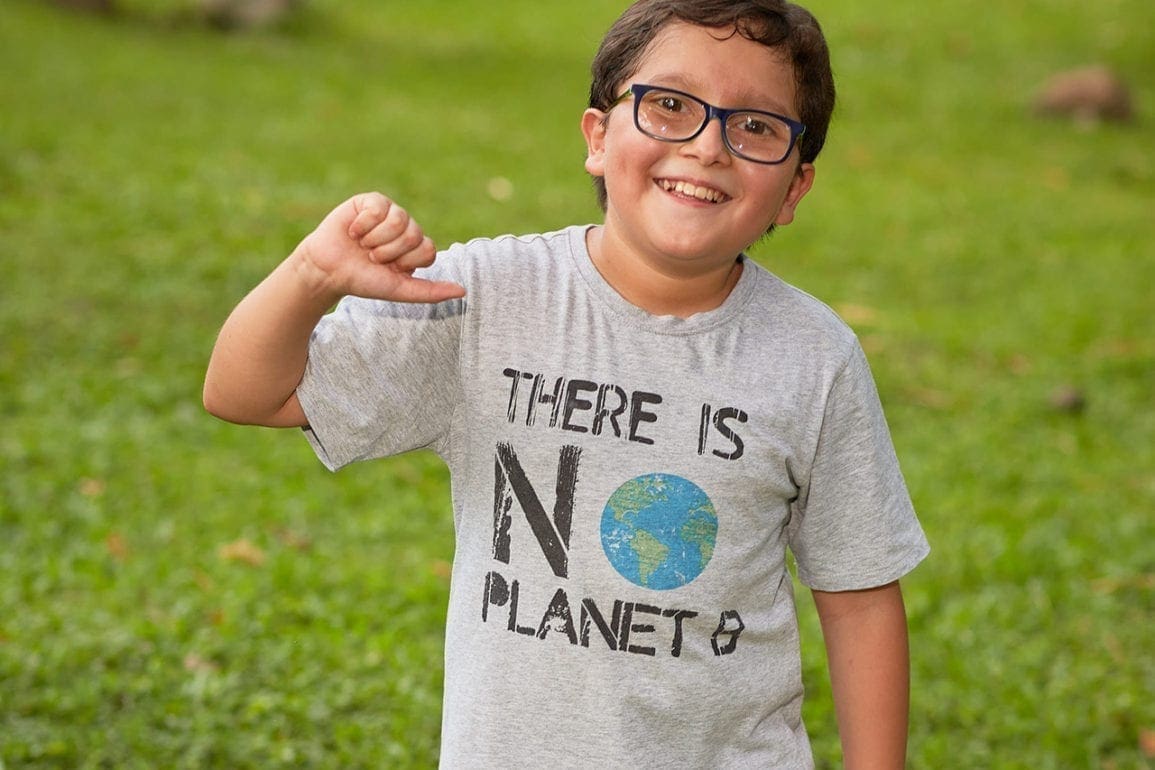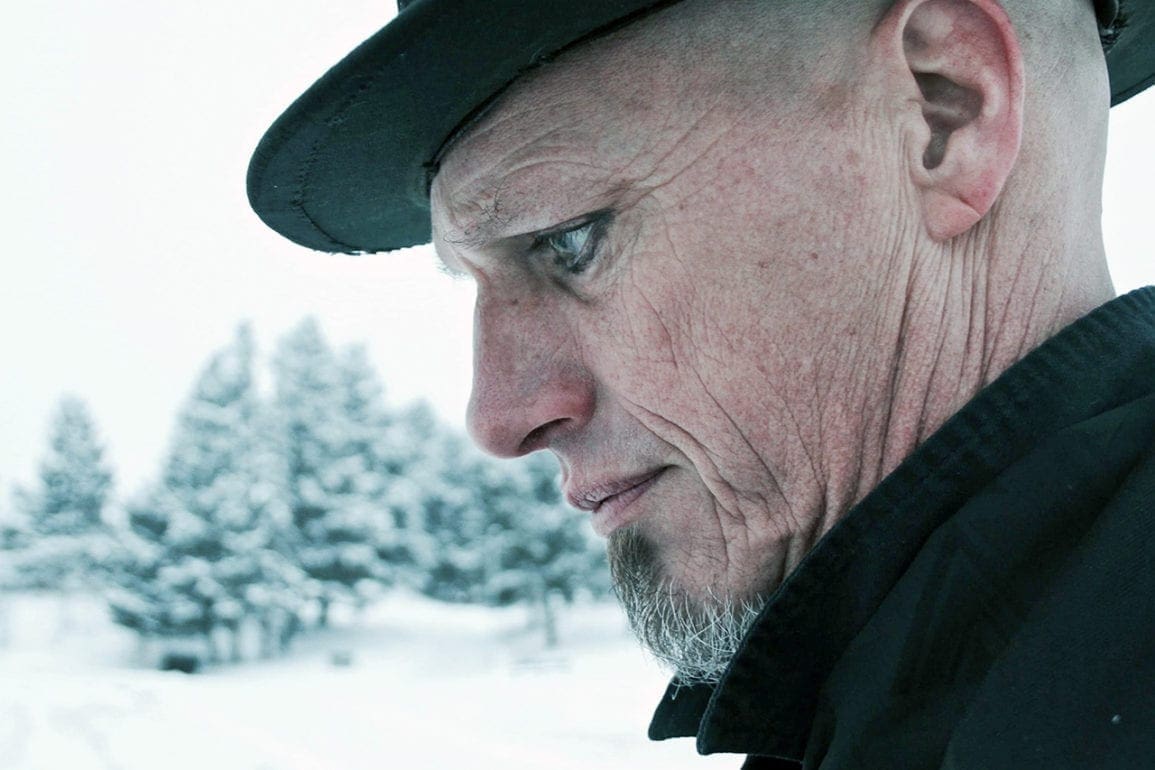India’s ‘Oxygen Man’ breathes life into region
I wanted to make a difference, so no one else dies from a lack of oxygen, lack of empathy, or lack of timely healthcare.
- 3 years ago
May 31, 2021
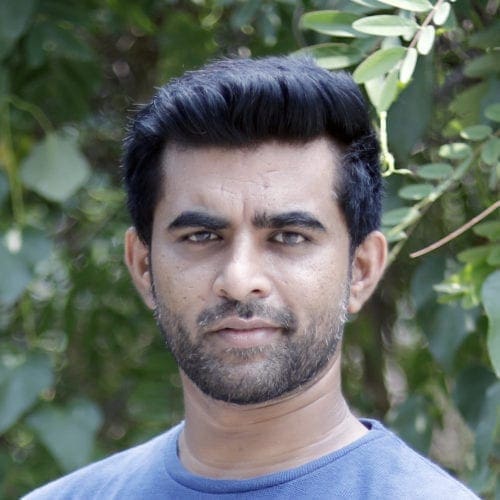
MUMBAI, India — My friend’s sister was only 26 years old, six months pregnant, and had a six-year-old at home when her life took a terrifying turn.
On a morning last May, she felt uneasy. She complained of abdominal pain, nausea, vomiting, and shortness of breath. Suddenly, her oxygen level dropped to a dangerous low.
My friend arranged a vehicle and took his sister to five hospitals, all of which turned her away.
One hospital rejected her, saying the beds were full. Another said there was no oxygen. Others asked her to get the COVID-19 test and claimed they were treating only COVID-19 patients on their premises.
When they reached the sixth hospital, along with her oxygen level, her pulse dropped.
Unimaginable end
She died in that vehicle, gasping for air at the hospital gate.
Her unborn child died too. From the moment she was pregnant, she dreamed of her baby’s future. She even sewed clothes for the baby. Yet, all the hopes, love, and dreams she had for that child died a painful death.
She did not deserve to die. If she could have received oxygen, she and her unborn baby would have lived.
It was difficult to see her in pain and to let her go was unbearable. I felt powerless and in shock. My friend felt he had failed his sister. Immediately after she died, it took 30 minutes to even believe she was gone.
She did not have COVID-19. We lost a loved one because she failed to get the appropriate treatment on time. If she had received timely oxygen support, she might be alive today.
Oxygen cylinders at that time cost 200 rupees each ($2.76 in U.S. dollars).
COVID hit like a hammer
In 2020, COVID-19 assaulted the country. There was a complete national lockdown. The coronavirus pandemic exposed vulnerabilities and tested our resilience. It forced millions of citizens to be confined inside their houses.
People around me were dropping dead. The country’s healthcare system was stretched beyond limits. There was a shortage of ambulances and public transport was closed. The roads were empty, silent, and still.
We did not know that a virus could have such a devastating impact on our everyday lives. Mumbai, the otherwise hustling city, was completely engulfed in eerie silence as people stayed indoors.
You could hear the birds chirping as the typical sound of shrill, loud horns disappeared. It scared me. It made me uncomfortable. I feared the worst.
Broken heart
My friend’s sister’s death broke my heart, and I felt lifeless seeing her die. I cried all night. My friend was my brother, my business partner, and my family.
I will never be able to hear her voice again. I will never be able to hear how proud she is of me. And I could never tell her how blessed I was to have her.
COVID-19 had caused irreparable loss to many families, but I never expected the catastrophe to strike me. Not just the memory of that painful day, but the “what if’s” haunt me. I wonder if we could have saved my soul sister’s life if we had taken a different course of action.
Losing her in a brutal, helpless manner has been very difficult to accept. As my heart went out to the families affected by COVID-19, I decided to take matters into my hand.
The turning point
I visited many hospitals to see the real issue. The picture I saw first-hand jolted me.
People were moving pillar to post in vain to get their relatives admitted. Oxygen support and ventilators were not available. Beds were not available.
Dead bodies were lying in the corridors.
Elderly patients with mild to moderate symptoms lay unattended at hospital gates, breathing heavily.
Crematoriums and burial grounds were running out of space. The conditions were horrific.
I thought to myself that if not me, who?
I wanted to make a difference, so no one else dies from a lack of oxygen, lack of empathy, or lack of timely care.
I lost my soul sister, and I did not know how to cope. I did not want others to go through the same ordeal.
I spoke to a few of my friends who were doctors. They told me that many lives, including those affected by COVID-19, could be saved if they received oxygen support on time.
On learning that my friend’s sister could be alive if she had received oxygen, I bought 30 oxygen cylinders for 350,000 rupees ($4,825) with my savings.
I got them filled, purchased flow meters, and started distributing them for free to patients in the nearby areas.
I learned how to operate oxygen cylinders. Along with Dr. Sabauddin Shaikh of Care Hospital, I set up a system to provide families with adequate training before the caregivers would start using an oxygen cylinder.
The Oxygen Man
By mid-2020, I launched a helpline number. My friends spread the word, along with my phone number, on social media.
As a result, I started getting over 200 calls a day. With 30 cylinders, it was getting difficult to meet the growing demand. I had to increase the number of cylinders but I had exhausted all my savings.
I looked at my assets and decided to sell my prized SUV, a Ford Endeavour, to buy 160 jumbo and 10 mini oxygen cylinders for 900,000 rupees ($12,408) to provide free oxygen to critically ill COVID-19 patients throughout Mumbai.
It was not hard to give up my car knowing the money would go into saving people’s lives. I could repurchase my SUV but it would scar families forever if a life was lost.
I created a team of 20 young people and assigned different roles to everyone. From getting the cylinders refilled to delivering them to the patients’ homes, we could reach over 5,000 people and save their lives.
In cases where they quarantined the entire family, our volunteers delivered the cylinders themselves, wearing protective gear. My efforts could help 500+ families care for their loved ones with free oxygen.
For me, it was the last gift I could give my soul sister who died so senselessly.
Facing the worst
As we neared the end of 2020, we thought we had won the battle with COVID-19 but the nightmare had just begun.
Since March, India has battled with a catastrophic second wave of the COVID-19 pandemic.
With over 26 million confirmed cases and a death toll of over 3 million, the country is gasping for breath.
Our healthcare system has collapsed. People are dying due to a severe shortage of oxygen, hospital beds, and medicines.
Many countries are sending medical oxygen, oxygen plants, oxygen cylinders, and oxygen concentrators to meet the alarming surge of critical patients.
Amid the crisis, the demand for the supply of oxygen cylinders has increased many times over.
In January, I answered 50 calls for oxygen daily; now, it has shot up to 900-1000 frantic calls every day. Because of black marketing, poor people are the worst affected.
Situation escalates
This time the situation is scary.
People are not only calling us for oxygen cylinders. These are desperate calls for Remdesivir injections.
The FDA-approved drug is used to treat coronavirus infection and is in huge demand across the country.
Ambulances are overbooked.
Not many know the location of COVID-19 vaccination centers.
In this mayhem, I decided to start a control room. We rented an empty grocery store and established a 24/7 war room.
We collected data from private and government hospitals, COVID-19 vaccination centers, ambulances, and pharmacies with life-saving drugs. With the help of the war room, we could support people with the information they needed.
In 2021 alone, the team has helped over 4,000 patients cut the risk of death and save patients seriously ill with coronavirus.
Hoping against hope
It is tough getting the cylinders refilled and the transportation of the cylinders costs a lot of money. I requested that the local politicians help me, but no one came forward.
In the end, I approached an oxygen plant and explained my plan to the owners. I told the manufacturers I am helping the poor and needy who cannot afford primary medical care in the pandemic.
They promised to help me by filling 50 cylinders a day. I contacted four more oxygen plant owners and got the support I needed to distribute 200 cylinders a day for free.
It was turning out to be an uphill task as the oxygen was getting challenging to procure.
Earlier in the journey, I could get the cylinders refilled within 10 minutes and within a four-kilometer (2.5 mile) radius. Now, my team had to drive 80 kilometers (50 miles) to get the oxygen cylinders filled.
Because the new variant of COVID-19 is even more lethal, the oxygen cylinders are getting emptied faster.
Thankfully, my team ensures that whenever we receive an empty cylinder, we get it refilled and send it to a patient as soon as possible.
Good Samaritans aplenty
The government is supported by our work, directly and indirectly.
We are providing oxygen to patients who have mild symptoms. This way, we reduce the need to go to the hospital and pressure doctors and the government machine so critical patients get much-needed beds quickly.
We want to fight this disease together. We expect the government to help us.
While the central government’s ministry of information and broadcasting acknowledged my work on their social media accounts, there is no financial support.
I spend 75,000 rupees a day ($1,034). This money includes gas refilling, transportation, rent, internet, and meals.
Earlier, it was not easy managing so many expenses, but I am lucky to have found people.
TMT Bars manufacturers from Chennai have paid for the refiling of 500 cylinders. A guy the other day offered his truck for free to deliver oxygen. Another offered his hotel for storage.
I am incredibly grateful to nearly 2,000 strangers who contributed generously towards the cause through a fundraiser I started a few days ago.
Though the goal was 10 million rupees, we only managed to collect about 4 million.
The funds will help save the lives of many more critical patients and their families.
Humanity above religion and trolls
Last year, everyone blamed Muslims for the COVID-19 outbreak in India.
The community faced acute physical, verbal, and psychological warfare for no fault of their own. Videos showed Muslims spitting on vegetables, hiding virus-infected pilgrims, and spitting on doctors to push the “corona jihad” Islamophobic conspiracy theory.
Despite all the negativity, Muslims in several parts of the country turned mosques and madrassas (Islamic schools) into COVID-19 care facilities consisting of oxygen-fitted beds and isolation wards.
Prophet Mohammed has said when humanity gets threatened, give your life and save the world. Saving one human being is like saving humanity.
He never talked about saving human beings from any particular religion. I am helping people without discrimination.
People are people
For me, the patients are not Hindus or Muslims; they are humans. I am simply trying to follow his teachings.
Netizens troll me on social media by calling me names but I ignore the negativity as I am focused on helping people.
If I get affected by what fanatics are saying to bring me and my morale down, I will fail to save lives.
I am working 24/7 to save as many lives as possible through my Unity & Dignity Foundation, even as the second COVID-19 wave devastates the country.
We have Muslims as well as non-Muslims on our team. We want to continue our activities even if COVID-19 is gone.
When people ask me if it hurt to sell my SUV, I say if just one grateful family blesses me for saving their loved one’s life, I will be able to buy four such cars one day.
I miss my soul sister. I am sure she is proud of me, wherever she is.
